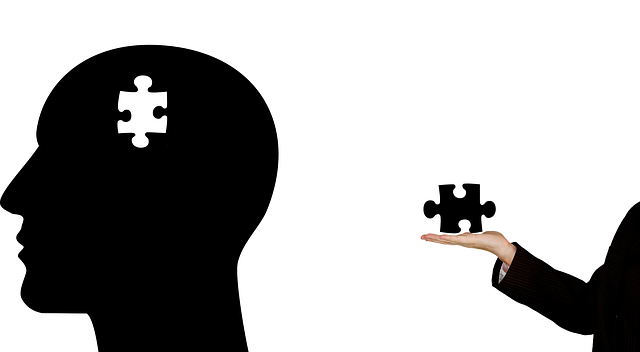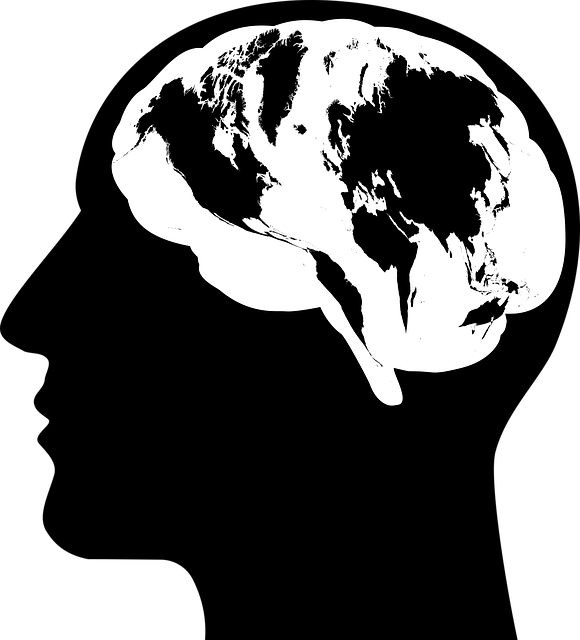Loss, grief, and bereavement significantly impact mental health, making therapy crucial for healing. Cognitive Behavioral Therapy (CBT) is an effective approach, focusing on negative thought patterns to manage intense emotions like sadness or anger. CBT equips adults with coping strategies, self-esteem improvements, and crisis intervention guidance, ultimately fostering resilience and peace in the face of grief. This evidence-based therapy, tailored for processing grief, combines with Emotional Intelligence (EI) to create a safe space for emotional expression and healthy self-care practices, addressing the complex process of grief.
Loss, grief, and bereavement are universal experiences that can profoundly impact an individual’s well-being. This comprehensive guide explores these complex emotions, offering insights into effective therapeutic approaches for healing. We delve into the intricacies of Cognitive Behavioral Therapy (CBT), a proven method for processing grief. Understanding the therapeutic process involves examining counseling strategies tailored to support adults navigating their grief journey. By providing evidence-based practices, this article aims to offer hope and practical tools for healing.
- Understanding Loss, Grief, and Bereavement: A Comprehensive Overview
- Cognitive Behavioral Therapy (CBT): An Effective Approach for Processing Grief
- The Therapeutic Process: Counseling Strategies and Techniques
- Finding Hope and Healing: Supporting Adults Through the Grieving Process
Understanding Loss, Grief, and Bereavement: A Comprehensive Overview

Loss, grief, and bereavement are complex emotional processes that can significantly impact an individual’s mental health and overall well-being. Understanding these concepts is crucial for anyone considering therapy or supporting someone through difficult times. Loss refers to the absence of something valued, such as a loved one, relationship, or even a lifestyle. Grief is the emotional response to loss, characterized by feelings of deep sorrow, anger, guilt, or confusion. Bereavement, on the other hand, is the period after a loss during which individuals adjust and learn to live with their new reality.
Cognitive Behavioral Therapy (CBT), a form of mental health policy analysis and advocacy, has proven effective in treating grief and bereavement. CBT helps individuals identify and challenge negative thought patterns associated with loss, fostering inner strength development and stress management skills. By focusing on the connection between thoughts, feelings, and behaviors, CBT enables people to adapt to their new circumstances, enhance coping strategies, and gradually find a sense of peace and resilience in the face of grief.
Cognitive Behavioral Therapy (CBT): An Effective Approach for Processing Grief

Cognitive Behavioral Therapy (CBT) has emerged as a powerful tool for adults navigating loss, grief, and bereavement. This therapeutic approach focuses on identifying and challenging negative thought patterns that can exacerbate emotional distress during difficult times. By helping individuals understand how their thoughts, feelings, and behaviors are interconnected, CBT empowers them to process grief in healthier ways.
Through CBT, clients learn valuable coping strategies for managing intense emotions, such as sadness, anger, or guilt. The therapy also facilitates self-esteem improvement by encouraging reflection on personal strengths and resilience. Mental health education programs designed around CBT can provide individuals with the crisis intervention guidance they need to adapt and thrive following a significant loss. This evidence-based method has proven effective in helping adults process grief, moving them towards healing and restoration.
The Therapeutic Process: Counseling Strategies and Techniques

The therapeutic process of counseling for loss, grief, and bereavement involves a careful and nuanced approach tailored to each individual’s unique experience. Counselors employ various strategies and techniques to support clients in navigating their emotional landscapes. One effective method is Cognitive Behavioral Therapy (CBT), which helps adults identify and challenge negative thought patterns related to their loss, fostering healthier coping mechanisms. By focusing on the present and providing practical tools for managing emotions, CBT enables individuals to adapt and find meaning in their lives post-bereavement.
Incorporating Emotional Intelligence (EI) is another powerful aspect of this counseling process. Counselors skilled in EI help clients recognize and understand their own emotional states and those of others, fostering empathy and effective communication. This fosters a safe space for individuals to express their feelings openly, leading to better self-awareness and improved ability to engage in healthy Self-Care Practices. Additionally, stress reduction methods are integrated into sessions to help individuals manage the intense emotions often associated with grief, promoting resilience and overall well-being.
Finding Hope and Healing: Supporting Adults Through the Grieving Process

Grief is a natural process that can be immensely challenging for adults to navigate alone. Finding hope and healing after loss involves supporting individuals through their unique grieving journey, helping them process emotions, and fostering inner strength development. Therapy for Adults, such as Cognitive Behavioral Therapy (CBT), offers valuable tools to manage the complex emotional landscape of bereavement. CBT helps individuals identify and challenge unhelpful thought patterns associated with loss, promoting healthier ways of coping.
Effective counseling goes beyond providing advice; it equips clients with communication strategies and enhances their emotional intelligence. By creating a safe space for expression, counselors enable adults to explore their feelings, gain insights, and develop adaptive mechanisms. Through this therapeutic process, individuals can begin to heal, find meaning in their grief, and cultivate resilience as they integrate the profound experience of loss into their lives.
Loss, grief, and bereavement can profoundly impact an individual’s life, but there is hope through specialized counseling. By understanding these complex emotions and employing evidence-based approaches like Cognitive Behavioral Therapy (CBT), adults can navigate the grieving process with support. Counseling strategies tailored to this journey foster healing and help individuals find meaning. This comprehensive overview highlights the transformative power of therapy for adults dealing with loss, offering a path towards recovery and renewed well-being.









